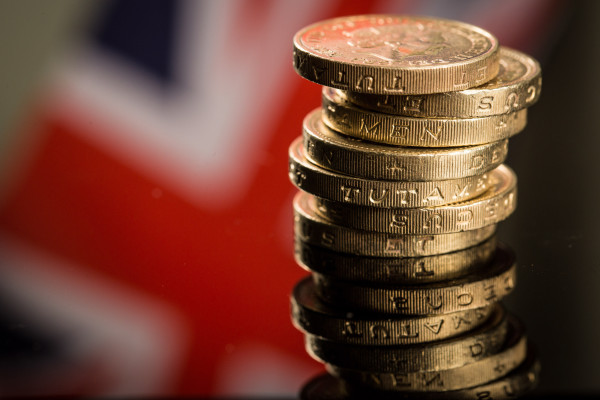
Article 4 / 4
The Guide: Investing for IncomeDividend payouts are great, but are they sustainable?

However, in today’s market the search for income is arguably even more important than ever before.
Persistent low interest rates mean that returns on cash or government bonds are at, or near, record lows and investors are having to look at other ways of generating income from their investments. In addition, the pension freedoms have heralded a dramatic swing from annuities to income drawdown, meaning significantly more people are remaining invested in retirement and, therefore, need to generate as much income as possible from their portfolio.
With income being such an important consideration for many investors, it can be tempting to simply seek out the stocks that are forecast to pay the highest dividend yield. However, it is important to also assess whether the dividend yield is sustainable by looking at dividend cover. This is the amount of profit a firm makes divided by the dividend it pays out to shareholders.
Dividend cover of below 1.0 should ring alarm bells because it means the company is paying out more to shareholders than it makes in that year. This means it has to dip into cash reserves, sell assets or borrow money to maintain the payment. This is unlikely to be sustainable over the long term.
Dividend cover of around 1.5 is less than ideal because it means a company has less room for manoeuvre if profits fall in one year. It will then need to decide whether to reduce its dividend, stop reinvesting in the business or take on more debt.
Dividend cover of 2.0 or above is ideal because it means profit is double the amount the company is paying out to shareholders. This means it can continue to invest in the business and has scope to maintain its dividend payment in a bad year.
Looking in detail at the FTSE 100 and based on consensus forecasts from all the leading city analysts, the UK’s headline index is forecast to pay out £78.4bn in dividends in 2017, which equates to a yield of 4.2 per cent. An attractive level of income by most people’s standards. However, forecast dividend cover looks worryingly thin at 1.46, suggesting that some of those dividends might not be sustainable.
Of the 10 firms that are forecast to have the highest dividend yield in 2017, none of them have dividend cover of more than 2.0 and only one of them comes in over 1.5 times [see table].
There are two main reasons why dividend cover is thinner than ideal across the FTSE 100. The first is that dividend growth has exceeded profit growth since the financial crisis, as firms have sought to curry favour with investors by responding to their calls for reliable income or run more efficient balance sheets by handing over low-returning cash.
The second is the mix of the index. Half of forecast dividend payments in 2017 come from just four sectors – oil & gas, banks, insurers and miners – and nearly a quarter from just two stocks: Shell and BP. All four sectors have been under pressure for a variety of reasons in the past few years – low commodity prices, tighter regulation, greater competition – and are producing earnings that are below previous peaks.
Shell and BP have maintained their dividend payouts despite the profits plunge and their dividend cover is barely 1.0 for 2017, based on consensus forecasts. This is dragging the overall FTSE 100 average down – so the higher the oil price goes, the safer the dividends from Shell and BP will be, and the safer the yield on the FTSE 100 overall, given the importance of the oil majors’ contribution.
For many clients, UK equity income funds will be the ideal way of diversifying exposure to dividend-paying companies and spreading the risk of unsustainable dividends.
Russ Mould is investment director at AJ Bell
Cover of expected top-10 payers in 2017
| Forecast dividend yield 2017 (%) | Forecast dividend cover in 2017 | ||
| Taylor Wimpey | 8.2 | 1.2x | |
| Direct Line | 7.4 | 1.1x | |
| Barratt Developments | 7.2 | 1.5x | |
| Royal Dutch Shell | 6.9 | 1.0x | |
| Admiral Group | 6.7 | 0.9x | |
| BP | 6.7 | 1.0x | |
| Pearson | 6.6 | 1.2x | |
| Persimmon | 6.4 | 1.7x | |
| Vodafone | 6.2 | 0.6x | |
| Legal and General | 6.2 | 1.4x | |
| Average | 6.9 | 1.2x | |
Source: AJ Bell | |||



